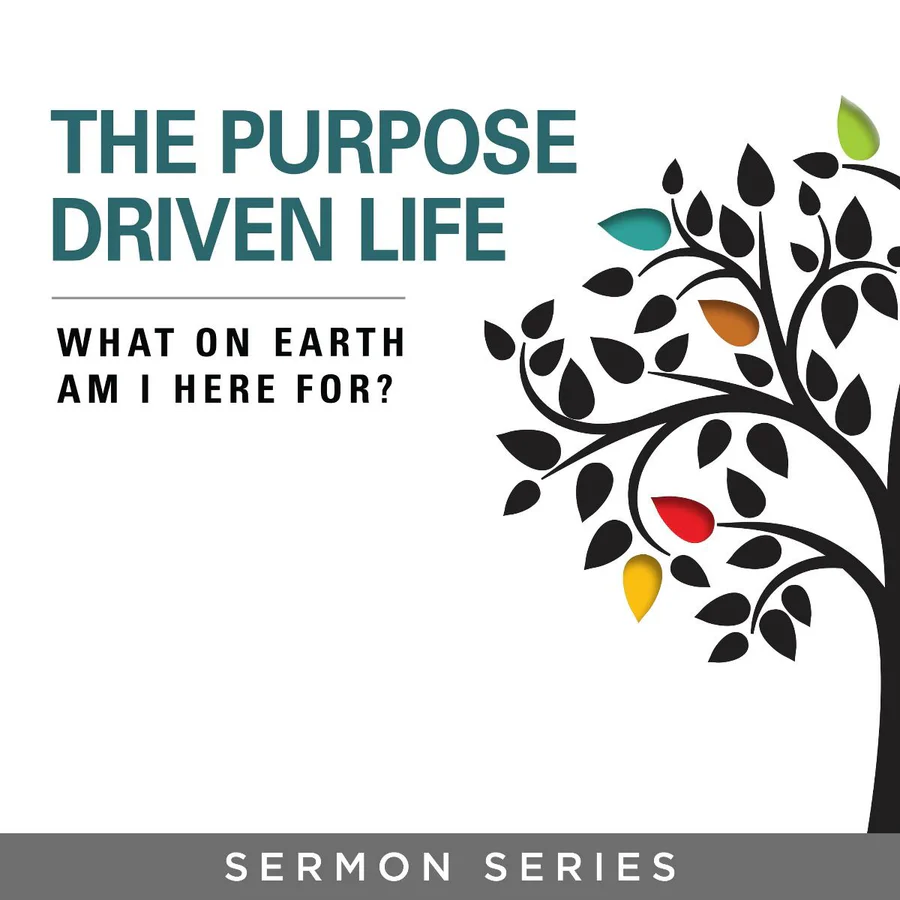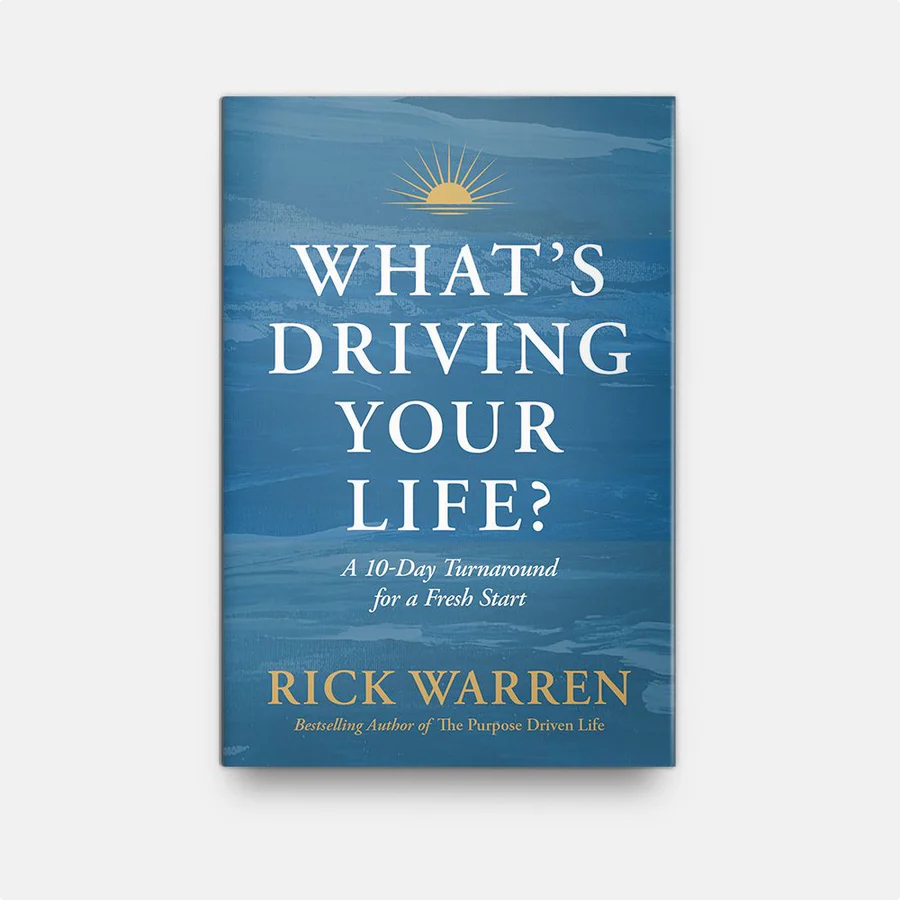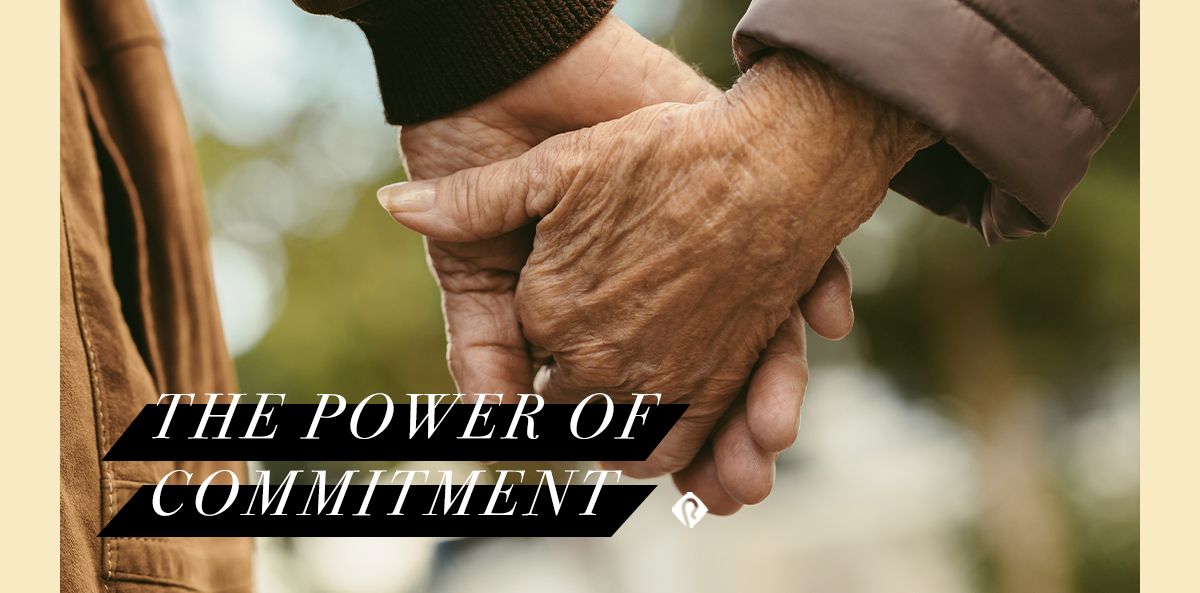
- What it was like to parent a child who battled mental illness all his life.
- What it has been like to grieve our son’s suicide as public figures.
- Mental illness, depression, guns, grief, and God.
- What needs to change in our culture, including removing the stigma from mental illness.
- How to support the mentally ill and the families who care for them.
- How our faith has been tested and has grown stronger.
- How we get our sins forgiven, purpose for living, and home in heaven through Jesus.
- The overwhelming love we’ve received from our church family and others.
- How God gives us HOPE in our darkest days.
The Six Stages of Grief
Rick:Well, you know, Elisabeth Kubler-Ross did this thing, this thing called the four stages of death and dying and I actually think there are six. And we've been watching ourselves go through this back and forth now for several months. I think the first stage is shock. And for us, shock still happens. For at least the first month, I kept waiting for Matthew to come in the door... I just couldn't believe that it happened. It was so sudden. And then you move from shock to sorrow, sadness, and this profound sadness that comes into your life. Then you move to what I call struggle and that's all the "why" questions. Why now? Why this? Why me? Why Matthew? Then you move to a stage I call surrender. I wrote in my journal one day, I later tweeted it, and said, "I'd rather have all my questions unanswered and walk with God than not walk with God and have all my questions answered." But there is a struggle. And finally, I just have to surrender, so I'm not going to know. I'm not going to know all these answers. And then you move to what I call sanctification which is the change that takes place in you. And then service. And service means I think God wants us to use our hurt. And one of the reasons we decided to do this interview with you is maybe we could help some other people.
On Losing Matthew
Kay:I've said almost from the first moment that we learned that, "We're devastated but we're not destroyed." And when people ask that question of, how are you, there's no good answer. And so, I finally just settled on, "I'm terrible but I'm OK." In other words, we're going to survive and someday, we'll thrive again. It's the worst thing that could ever happen.
Grief is Good
Rick:I have cried every single day since Matthew died, but that's actually a good thing. Grief is a good thing. It's the way we get to the transitions of life. And I find, if I don't cry, then I stuff it. When I swallow my emotions, my stomach keeps score. If I don't talk it out to my wife, to God, to friends, then I'm going to take it out on my body. And so, as guys, men, we don't do grief very well. It's not an easy thing for us because we don't like the negative emotion. But actually, grief is a good thing. Grief is the way we get to the transitions of life and that's been helpful to me.
Choosing Joy
Rick:We were sobbing. We were just sobbing. The day that I had feared might happen one day, since he'd been born, and the day that I prayed would never happen, happened. And I remember, as we stood in the driveway, just embracing each other, and sobbing. And Kay was wearing a necklace -- you're wearing it today -- that had the words of a book she wrote a year ago called Choose Joy. And she held it up and it said, "Choose Joy." And in my mind I thought, "Are you kidding? How can I choose joy in this worst circumstance of my life?" But we -- even in that moment, we were trying to say, "We're not in control but we do have a greater hope and we do have a source of joy that isn't based on our circumstances." And it was a holy moment.
Mental Illness
Rick:Piers, any other organ in my body can get broken and there's no shame, no stigma to it. My liver stops working, my heart stops working, my lungs stop working. Well, I'll just say, "Hey, I got diabetes. My pancreas or my adrenaline glands, or whatever," but if my brain is broken, I'm supposed to feel bad about it. I'm supposed to feel shame. And so, a lot of people who should get help don't.Piers:
It's hard to imagine. All that I've researched on this, with you and your family and Matthew, it's hard to imagine anyone who suffers from this kind of illness, who's had more love and support from their family, from a wide circle of friends, who's had more treatment from the so called experts, more institutionalized moments, everything you could imagine, and yet still it wasn't enough to save him.Kay:
Well, if you look at the risk factors of what puts people at risk for suicide, Matthew had almost none of the risk factors. He had a great, as you say, a loving family, he had the access to care, he had friends. He had everything... The main risk factor for him was mental illness and he had that.
The Support of Saddleback Church
Rick:I was overwhelmed by the love of our people. Kay and I had given 33 years to this church. And I felt like they all gave it back at the moment. It was just a very tender moment for me as a pastor. I have walked through the valley of the shadow of death with thousands of people. I have walked, I've stood at bed sides and seeing lots of people take their last breath. I have been there for those people for 33 years. And they were there for us when we needed them most.
Questioning God's Plan, but Never Questioning God
Rick:I never questioned my faith in God. I question God's plan. There's a big difference. I know God is a good God. Nothing can shake that from my life. I know God is a loving God. The question is -- it's like my children, my children have never doubted that they -- that I love them but they sometimes doubt my wisdom and they don't think I've made the right decision. Not everything that happens in the world is God's will. Everything that happens in the world God allows, he permits but because it couldn't happen without his permission but we live in a world where there are free choices and if I chose to do wrong, I can't blame God for that. So God isn't to blame for my son's death. My son took his life. It was his choice and if I chose to go out and get drunk and get in a car and I was in an accident, killed somebody, I can't blame God for that.Kay:
You know as Rick said it's not -- our faith is currently what's got us -- that foundation what's gotten us through and it's solid and strong but I have to tell you that, you know, before -- I have something I want to show you. There's this box that it was given to me a few years and I -- It's got the word -- it's a marble box and it's got the word Hope on it and ... It's my Hope box and I filled it with verses that gave me comfort, that gave me encouragement, verses that just kept my faith really strong before Matthew passed away and everyday I would sit and I would read these verses and that morning after we had been to his house the night before and I was pretty certain that he had taken his life. I got up that morning and I opened my Hope box and I went to these verses one more time and then after that I didn't open it for a month. I couldn't and then I started to think, so where do I go from here? What you'd do when your hope has been crashed and the only way I now how to rebuild it is to go back to my faith and to God's word and this time, I started putting verses in that give me Hope for the future like there's this amazing verse that it's 1 Corinthians 15:43 it says, "Our bodies are buried in brokenness but they will be raised in glory, they are buried in weakness but they will be raised in strength." And so every time when I go to the cemetery, I quote that verse because, you know, what Matthew's body was broken, that gun broke his body and he was buried in brokenness but he's going to be raised in glory. He was buried in weakness. I think Matthew you were buried in weakness you will be raised in strength. So the struggle has been not in the living that God exists, not that God is evil because God is good. But I have this other little tiny pot when there's questions I can't answer like did Matthew think of us before he pulled the trigger? Did he -- was there any moment in which he suffered? Why after all those years of prayer and effort did he die? All these things that I have no answers for and I put them in this little pot, it's my mystery pot so here's my Hope box and my little mystery pot and so everyday I almost, I fill it with another question that I can't answer. But what I know to be true is that God will answer those questions. They will be answered and my hope is very certain.
A Closing Word of Hope
Kay:It's so important that people know no matter how desperate, they're despaired, there is hope. There is -- and not to give up, not to give up.Source: CNN Transcripts I also wanted to share some of my favorite responses from friends on Twitter...
@RickWarren @KayWarren1 Thank you for your brave example/transparency in doing this interview on @piersmorgan 2 Cor.12:9 on full display
— John McCoy (@JohnAMcCoy) September 18, 2013
@RickWarren & @KayWarren1 are heroes for so many people that suffer from mental illness. Matthew's legacy lives on! #WarrensOnCNN
— Lance Martin (@LanceMartin) September 18, 2013
So courageous. RT @SteveCase Proud of friends @RickWarren & @KayWarren1 for being honest abt son's suicide #WarrensOnCNN @piersmorgan #moms
— Poshbrood (@poshbrood) September 18, 2013
For 25 years @Hope4Memphis has been real place full of real hope because folks like @RickWarren paved the way for churches. #WarrensOnCNN
— Kathy Flake (@Kathyyflake) September 18, 2013
@RickWarren As a seminarian who has struggled greatly with depression, I thank you for bringing this discussion into the church
— Gavin McCollum (@GavinMcCollum) September 18, 2013
I love and respect @RickWarren and @KayWarren1 so much. such tenacious grace & honest faith. #WarrensOnCNN
— Mark Batterson (@MarkBatterson) September 18, 2013
What encouragement! "In God's garden of grace, even a broken tree can still bear fruit." @RickWarren about his son, Matthew.
— Rick Duncan (@richardduncan) September 18, 2013
Watching the #WarrensOnCNN was so inspiring. I love my pastors, @RickWarren and @KayWarren1. So thankful to be a part of @Saddleback family.
— Hannah Viva (@hannahviva) September 18, 2013
Thankful for the truthful, compassionate, transparent, & theologically faithful interview @RickWarren & @KayWarren1 gave w/ @piersmorgan.
— Bekah Mason (@bekahmason) September 18, 2013
@RickWarren: Excellent interview w/you & Kay. Totally authentic & extremely well done. Thank you. May the Lord continue to bless your lives!
— Luci Swindoll (@luciswindoll) September 18, 2013
Watching @RickWarren on Piers Morgan talk about his son Mathew's death. Very moving, sad, riveting.
— Patricia Heaton (@PatriciaHeaton) September 18, 2013
@RickWarren having struggled with depression in my own life, glad to see the lament passages of the Bible embraced; helpful #WarrensOnCNN
— Bo White (@bomwhite) September 18, 2013
Watchin @RickWarren on CNN minister on grief and dealing w/ suicide. Very personal. Buried my Goddad 3 yrs ago today of the same thing.
— Brandon J. Smithson (@ministerbjs) September 18, 2013
So grateful for the loving influence of @RickWarren & @KayWarren1 tonight. They’re living out the sufficiency of God’s grace. #WarrensOnCNN
— Sean Wood (@SeanKWood) September 18, 2013
I am so proud to serve under @RickWarren & @KayWarren1 's leadership! Love you both #WarriorsOfGod #WarrensOnCNN pic.twitter.com/nHq2tBPsMi
— Amy Poole (@AmyNoelPoole) September 18, 2013
@RickWarren I only caught part of it but feel your pain. My father committed suicide 1989. Test of faith ultimately made stronger!
— Lisa Lehr (@LisaLehr1) September 18, 2013
So moved by @RickWarren and @KayWarren1 describing their tragedy on @PiersMorgan. May their transparency help many. #WarrensonCNN
— Lee Strobel (@LeeStrobel) September 18, 2013
@RickWarren I thank you too as a pastor who has struggled with depression for years. Thanks for being open and honoring God in the doing.
— Ron Marsh (@pastoRonM) September 18, 2013
@KayWarren1 you were great on the interview! From all pastors... Thanks for leading our spouses. (@RickWarren)
— Lance Martin (@LanceMartin) September 18, 2013
@RickWarren's interview strengthens my faith that God is in TOTAL control. Life is so incredibly painful at times but God is with us ALWAYS.
— Erin Lonergan (@erinlonergan) September 18, 2013
Please, feel free to offer your feedback on the interview in the comments below.With tears in our eyes Grace I watched @RickWarren & Kay on CNN while our 5 babies slept. Great job representing the hope of Jesus.
— Mark Driscoll (@PastorMark) September 18, 2013







